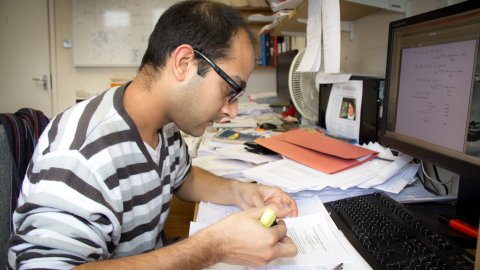Equivalence relations for quadratic forms
Abstract
We investigate equivalence relations for quadratic forms that can be expressed in terms of algebro-geometric properties of their associated quadrics, more precisely, birational, stably birational and motivic equivalence, and isomorphism of quadrics. We provide some examples and counterexamples and highlight some important open problems.



